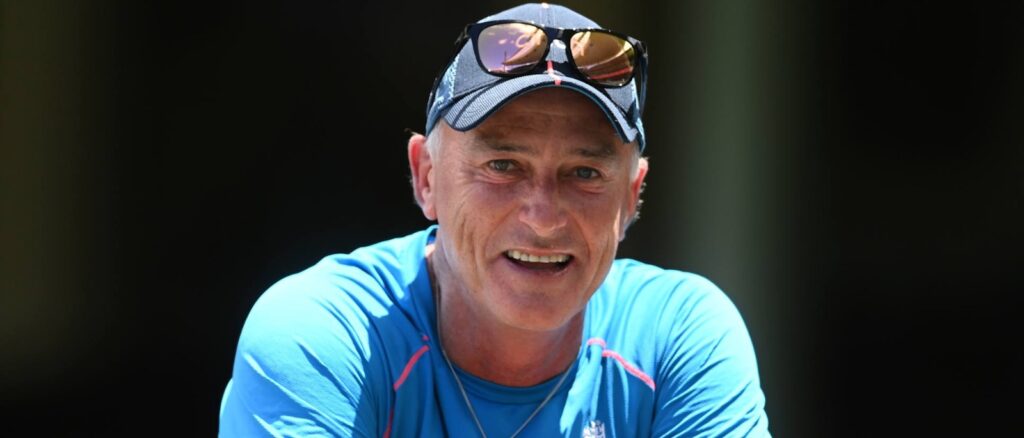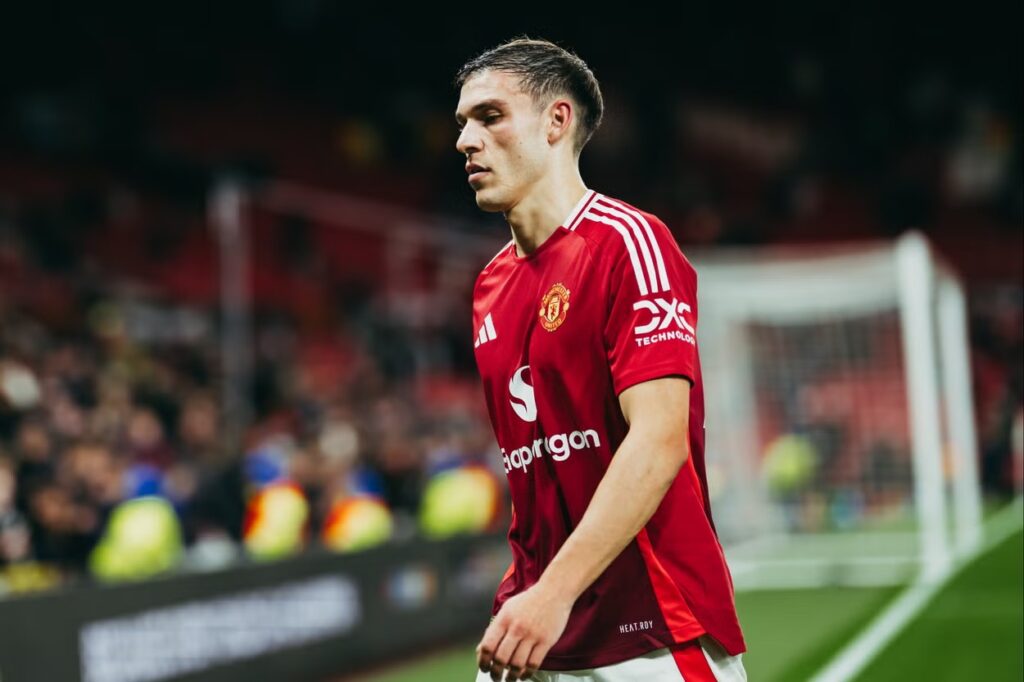
It is especially sobering to write about sportspersons and mental health just over two months after Graham Thorpe, England cricket stalwart of yesteryear, took his own life. Sadly, Thorpe is far from being an exception. Cricket, with its tours that can last months and a lifestyle that means you’re hardly ever home, poses a huge mental-health challenge for those that play it. Even after the gladiatorial days are done, many struggle to fill the void, with substance abuse and other poor choices taking the place of the cheers of adoring audiences.
This is no 21st century phenomenon either. More than 30 years ago, David Frith, who literally had to ‘eat his words’ following India’s 1983 World Cup win, published a book called By His Own Hand, which studied cricket suicides going back a hundred years. In a cruel twist of fate, the foreword was written by Peter Roebuck, who ended his life in Cape Town over a decade ago.
There is, however, no direct correlation between time away from your familiar environs and mental health. Footballers spend far more time at home than cricketers do, but the pressures associated with playing the world’s most popular sport still take a toll. For many sportspersons, mental health is inextricably entwined with their physical conditions. In elite sport, you’re only ever one terrible injury away from the end, and nothing brings on the dark beast quite like succumbing to one.
Even proven winners like @Neeraj_chopra1, @Abhinav_Bindra and @PGopichand73 have had their moments of anxiety and vulnerability. It’s part of the game for any sportsperson, and no stigma should be attached to it.@BoriaMajumdar ✍️@BSV_Global https://t.co/D6WtWlgKjb
— RevSportz Global (@RevSportzGlobal) October 10, 2024
Once, at the turn of the millennium, Sebastian Deisler was the wonder boy of German football. But as the injuries, especially to his knees, racked up, he started to spend more time on the operating table and in rehab than out on the pitch. It became a vicious cycle – injury, operation, depression, recovery…and then another injury. Finally, days after turning 27 and having been capped 36 times by his country, Deisler called it quits, saying that he had perhaps never been cut out for the ruthless world of professional sport. He went on to write a book and found his peace.
Deisler was one of the lucky ones, because he played at a time when social media and its dark side were not all-pervasive. These days, top athletes don’t just have to deal with the pressure of their own expectations. They are held accountable by faceless millions, many of whom wouldn’t have a clue what it takes to be the best at anything.
You now have bizarre scenarios where players go on to their social media platforms to apologise for poor performances or defeats. Uruguay’s Manuel Ugarte was a last-minute signing for Manchester United before the transfer window closed in August. Anyone with an iota of sense would understand that it will take him a while to get attuned to his new surroundings and teammates.
Yet, such is the negativity around United at the moment that Ugarte felt compelled to say sorry on social media after an underwhelming display in a Europa League game against FC Twente. Imagine a newcomer in the IT or banking sector going online to apologise for a minor coding or accounting mistake. It wouldn’t happen. But for whatever reason, sportspersons are not allowed to have bad days.

In Thorpe’s case, the downward mental-health spiral began with the breakdown of his first marriage, in the backdrop of lurid tabloid headlines about his private life. Those writing in the ‘public interest’ never paused to think of the damage their stories did, and their impact on Thorpe’s relationship with his young children. Though he was able to start over, the dark clouds never really went away.
It’s only now, thanks to the candour of champions like Virat Kohli, PV Sindhu and Neeraj Chopra, that mental health in sports is even being discussed in India. For too long, the idiotic default reaction to a player who was struggling was to ask him (or her) to ‘man up’, as though acknowledging your fears and anxieties was some form of weakness.
The cutthroat nature of professional sport ensures that crushing disappointments will always be the other side of the coin to euphoria. Those watching it all from the sidelines, however, do have a duty of care. Be kind.



